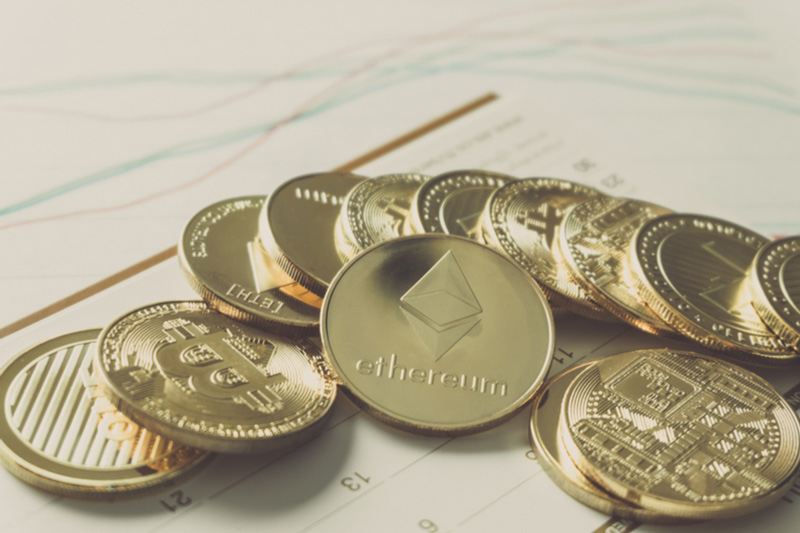The hacker behind the $114 million Mango Markets exploit has fulfilled his agreement to return $67 million of the stolen funds to the Solana-based decentralized finance platform, pocketing the other $47 million as a bounty reward.
Avraham Eisenberg, the hacker who claims that he and his team were responsible for the attack, defended his actions, describing the event as a “highly profitable trading strategy” that was “legal”.
“I believe all of our actions were legal open market actions, using the protocol as designed, even if the development team did not fully anticipate all the consequences of setting parameters the way they are,” he stated in a tweet.
Eisenberg also claims to have helped to “negotiate a settlement agreement with the insurance fund with the goal of making all users whole as soon as possible as well as recapitalizing the exchange”.
According to the attacker, the act was akin to how auto deleveraging works on exchanges. Centralized exchanges like Binance and Bitmex utilize auto deleveraging operations when their insurance funds are unable to accept the positions of bankrupt clients.
Eisenberg will not face any legal repercussions for the hack, as outlined in the proposal made in the wake of the attack to partially return the siphoned funds, which MNGO token holders voted overwhelmingly in favor of.
The Mango DAO will hold a vote on how to split the funds later this week.
A Record Month for Crypto Hackers
The Mango Markets exploit is part of what has become as the worst month for hacks and exploits in crypto history. According to Chainalysis, hackers have so far stolen $718 million during October.
The hacking spree was particularly intense on October 11th, when four attacks took place, of which Mango Markets’ was the most costly. In the other ill-fated events, TempleDAO, a yield-farming DeFi protocol built on Ethereum, lost 1,831 ETH, worth $2.4 million USD at the time of writing, due to “insufficient access to control to the migrateStake function”, according to blockchain security firm BlockSec.
Layer-1 blockchain QANplatform was the next victim, suffering a bridge hack in which more than $1 million was stolen, followed by an attack on Ethereum-based wallet service Rabby, which saw its Rabby Swap feature exploited, and around $200,000 drained.
Each of these attacks took place after the infamous Binance Chain (BNB) hack. A hacker successfully exploited the BNB chain to steal $100 million dollars, impacting the entire BSC Token Hub–the cross-chain bridge between BNB Smart Chain and BNB Beacon Chain.
On the Flipside
- While it seems that the hacker will avoid criminal investigation, it remains possible that a member of the Mango community could still take legal action.
Why You Should Care
The Mango Markets saga serves as a further reminder that DeFi protocols can be attacked in a variety ways. As always, investors should do their due diligence before committing funds to any given decentralized finance protocol.
Find out more about the recent DeFi hacks:
DeFi Hack Season Continues as TempleDAO (TEMPLE) and Mango Markets (MNGO) Lose over $100M
Binance-Backed BNB Smart Chain Completes Hard Fork to Prevent Future Cross-Chain Bridge Hacks
